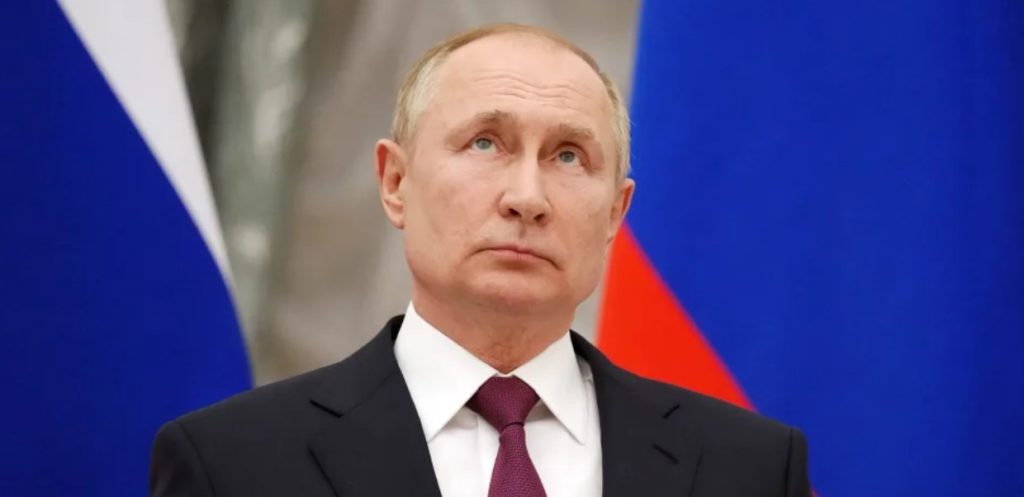
Russia has $100 million in foreign debt payments due Sunday night, as a 30-day grace period ends.
If bondholders don’t receive payment on time, Russia will see its first default since 1998.
Last month, the US Treasury had let a key sanctions exemption expire, which further squeezed Moscow’s financial abilities.
As the West keeps Russia barred from global financial systems, Moscow is barreling toward its first default since 1998 as its deadline for a $100 million debt payment approaches.
By Sunday night — the last day of a 30-day grace period — Russia must pay roughly $100 million to bondholders, or else it will fall into default.
While its government has said it had attempted to pay investors, wartime sanctions have stymied Moscow’s attempts to fulfill those payments and access vital market infrastructure.
Last month, the US Treasury had let a key sanctions exemption expire. Ending the carve-out meant US investors would no longer be allowed to receive payments from Russia.
At the time, Russian officials said it would pay its debts in rubles, and accused the US of forcing an “artificial default.”
Should Russia fail to complete its debt obligations, it could trigger legal action from creditors and stand as a black mark against the nation’s prestige.
Plus, a formal default could complicate Russia’s future if it were to eventually regain its access to global markets, in ways such as increasing borrowing costs, per the Financial Times.
The debt payments had originally been due on May 27, and Moscow sent them to Russia’s National Settlement Depository. But sanctions prevented Western institutions’ ability to accept the payments.
Importantly, it’s not as if Russia does not have the funds to pay — a default would be triggered primarily due to sanctions, rather than a lack of cash or willingness.
Since the war began in February, the country’s oil export revenue has increased compared to 2021, with buyers in China and India snapping up additional barrels at a discount.
And even with the EU’s rolling oil bans, six European buyers including Germany, France, and Italy have together paid Russia $40 billion for fuel through the first three months of war. Their business made up nearly half of Russia’s total revenue from fuel exports.
During May alone, Russia’s oil export revenues jumped 11% to $20 billion amid surging energy prices, which carried Moscow’s earnings back to pre-war levels, the IEA said.
























